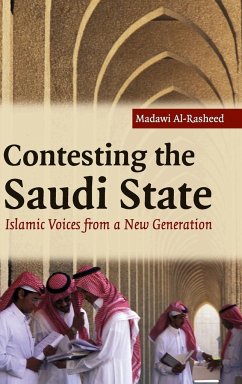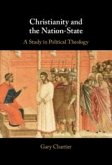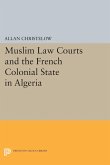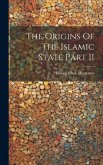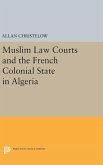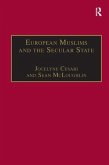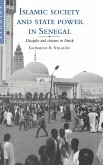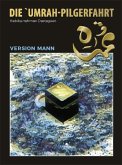An exploration of the controversial debates about religion and politics in Saudi Arabia.
The terms Wahhabi or Salafi are seen as interchangeable and frequently misunderstood by outsiders. However, as Madawi al-Rasheed explains in a fascinating exploration of Saudi Arabia in the twenty-first century, even Saudis do not agree on their meaning. Under the influence of mass education, printing, new communication technology, and global media, they are forming their own conclusions and debating religion and politics in traditional and novel venues, often violating official taboos and the conservative values of the Saudi society. Drawing on classical religious sources, contemporary readings and interviews, Al-Rasheed presents an ethnography of consent and contest, exploring the fluidity of the boundaries between the religious and political. Bridging the gap between text and context, the author also examines how states and citizens manipulate religious discourse for purely political ends, and how this manipulation generates unpredictable reactions whose control escapes those who initiated them.
Review quote:
'This is an extraordinarily interesting and highly nuanced book, a welcome relief from the conventional journalistic banalities about 'Islam' and 'Saudi Arabia' which substitute for proper analysis in the media, or even on some of the lower foothills of academia.' Peter Sluglett, Professor of Middle Eastern History, University of Utah, Salt Lake City
Table of contents:
Glossary; Maps; Introduction; 1. Consenting subjects: official Wahhabi religio-political discourse; 2. Re-enchanting politics: Sahwis from contestation to co-optation; 3. Struggling for the way of God abroad: from localism to transnationalism; 4. Struggling for the way of God at home: the politics and poetics of jihad; 5. Debating Salafis: Lewis Atiyat Allah and the jihad obligation; 6. Searching for the unmediated word of God; Conclusion; Notes; Bibliography; Index.
Hinweis: Dieser Artikel kann nur an eine deutsche Lieferadresse ausgeliefert werden.
The terms Wahhabi or Salafi are seen as interchangeable and frequently misunderstood by outsiders. However, as Madawi al-Rasheed explains in a fascinating exploration of Saudi Arabia in the twenty-first century, even Saudis do not agree on their meaning. Under the influence of mass education, printing, new communication technology, and global media, they are forming their own conclusions and debating religion and politics in traditional and novel venues, often violating official taboos and the conservative values of the Saudi society. Drawing on classical religious sources, contemporary readings and interviews, Al-Rasheed presents an ethnography of consent and contest, exploring the fluidity of the boundaries between the religious and political. Bridging the gap between text and context, the author also examines how states and citizens manipulate religious discourse for purely political ends, and how this manipulation generates unpredictable reactions whose control escapes those who initiated them.
Review quote:
'This is an extraordinarily interesting and highly nuanced book, a welcome relief from the conventional journalistic banalities about 'Islam' and 'Saudi Arabia' which substitute for proper analysis in the media, or even on some of the lower foothills of academia.' Peter Sluglett, Professor of Middle Eastern History, University of Utah, Salt Lake City
Table of contents:
Glossary; Maps; Introduction; 1. Consenting subjects: official Wahhabi religio-political discourse; 2. Re-enchanting politics: Sahwis from contestation to co-optation; 3. Struggling for the way of God abroad: from localism to transnationalism; 4. Struggling for the way of God at home: the politics and poetics of jihad; 5. Debating Salafis: Lewis Atiyat Allah and the jihad obligation; 6. Searching for the unmediated word of God; Conclusion; Notes; Bibliography; Index.
Hinweis: Dieser Artikel kann nur an eine deutsche Lieferadresse ausgeliefert werden.

